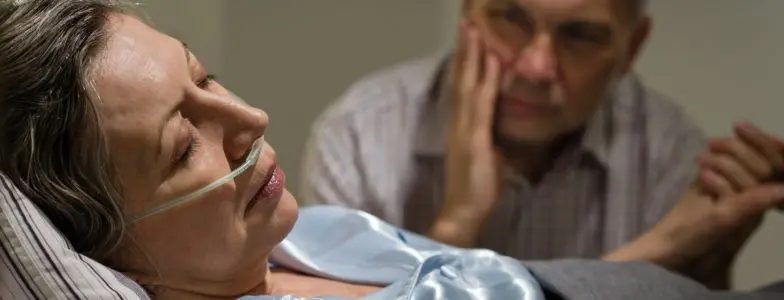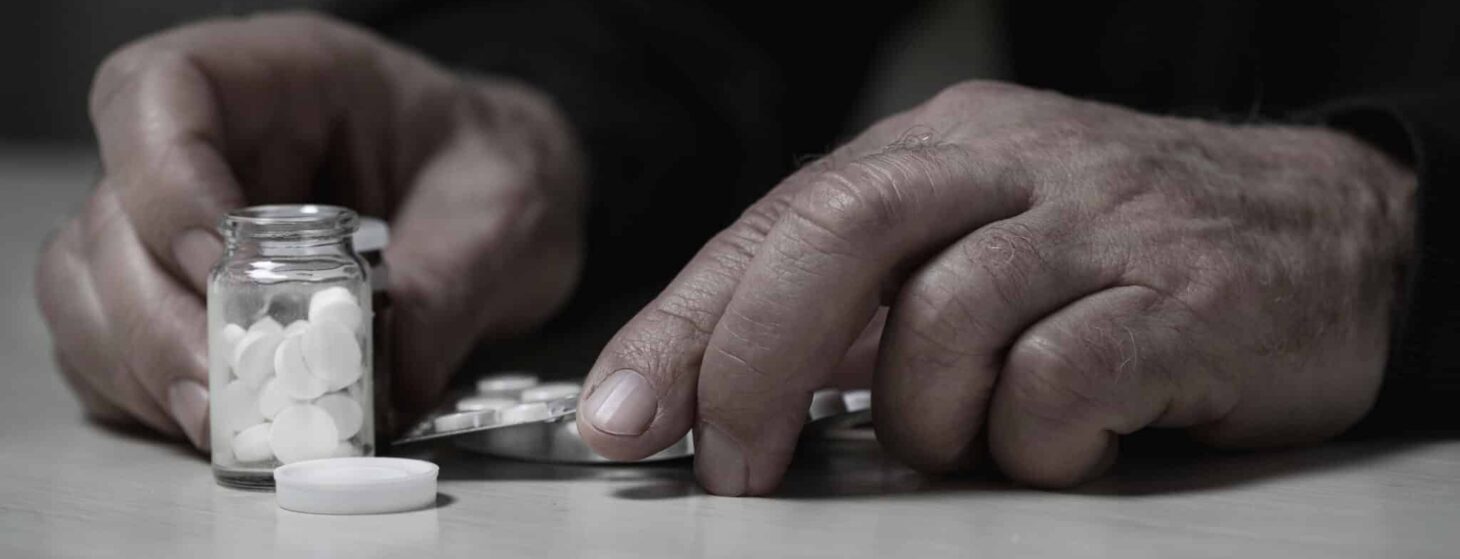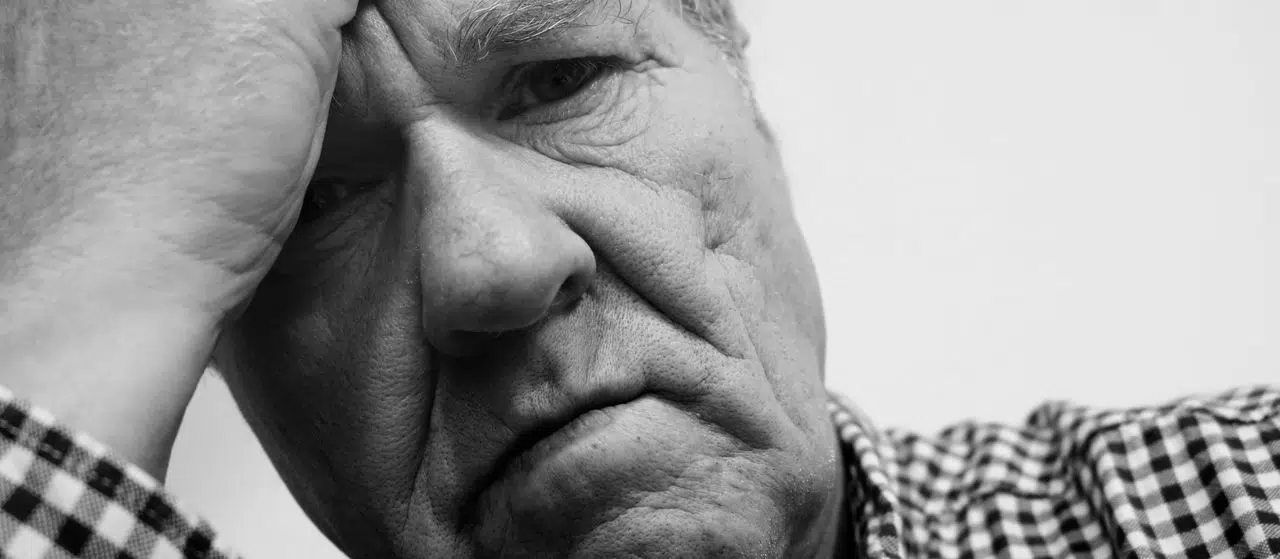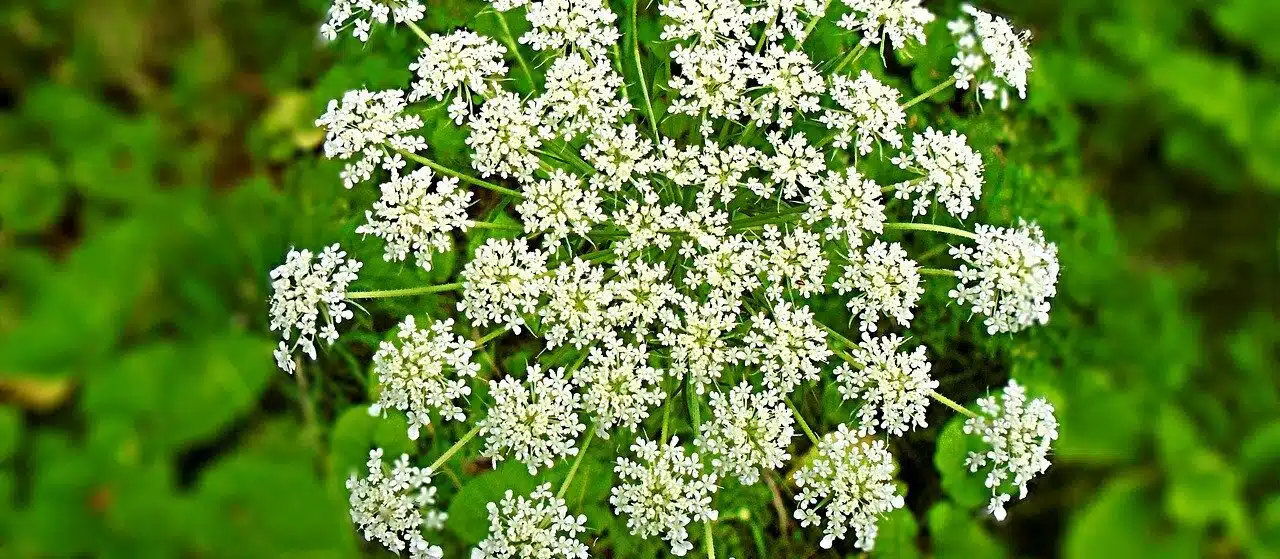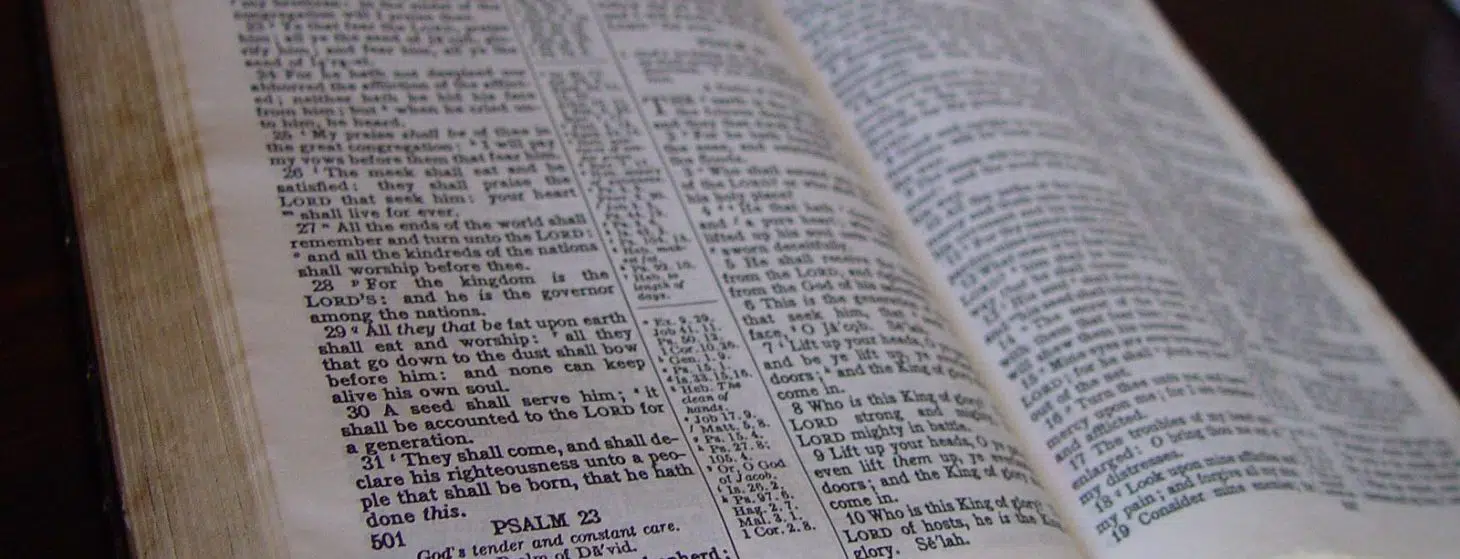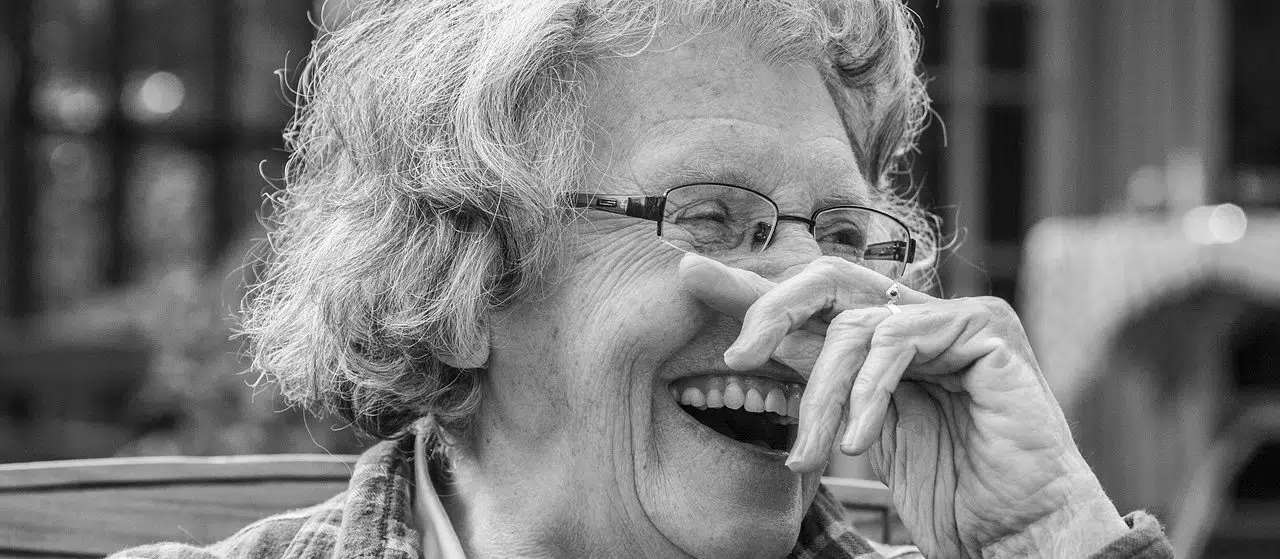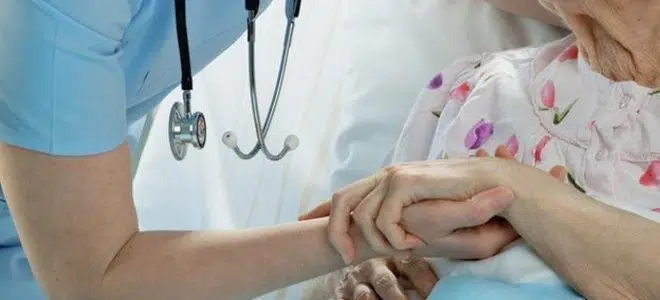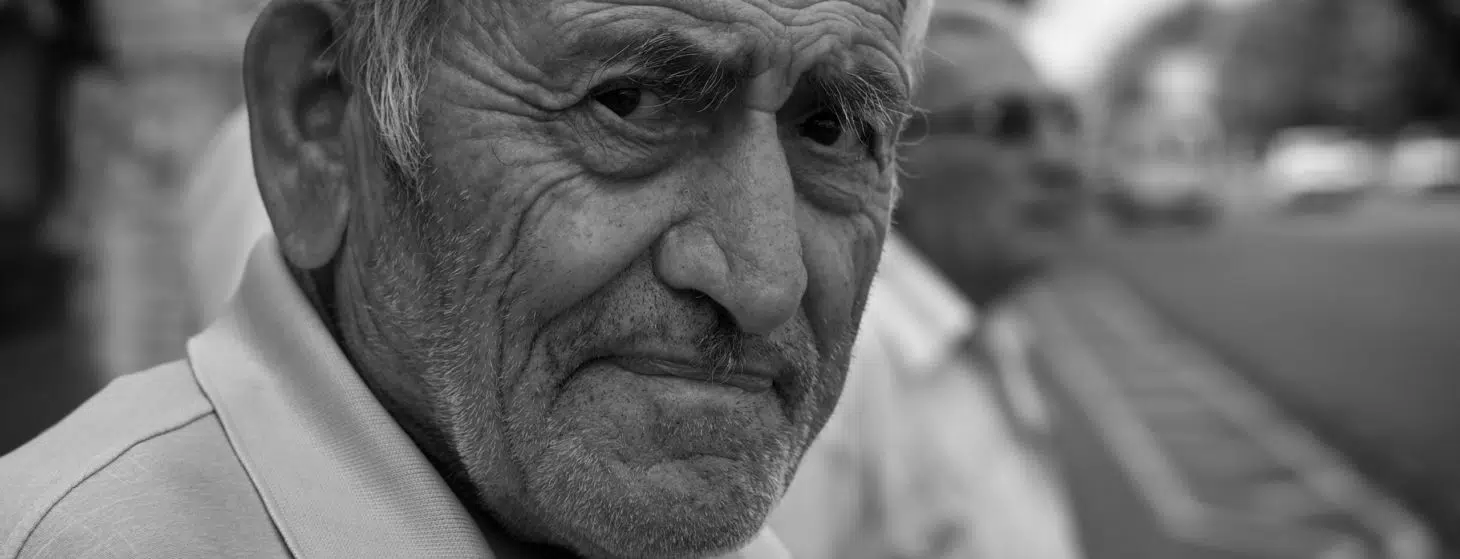Euthanasia and Assisted Suicide
“From the very beginning, the Church has known how to accompany the dying. How many priests and religious men and women have spent hours with persons who were at the end of life? At the end of their earthly journey, men do not need a cold, death-dealing syringe. They need a compassionate, loving hand.” Cardinal…
Read MoreThe Slovenian government recently defeated a bill that would have legalized euthanasia. This bill had been proposed by an organization called Silver Thread, which collected signatures and demanded “dignity” for the dying. Though the defeat of the bill is a victory for pro-lifers, the government intends to hold a referendum on the subject of euthanasia…
Read MoreYou are a member of the first generation of doctors in the history of medicine to turn their backs on the oath of Hippocrates and kill millions of old useless people, unborn children, born malformed children, for the good of mankind ― and to do so without a single murmur from the august New England…
Read MoreA judicial determination should be made when it is necessary to hasten the death of an individual, whether it be a demented parent, a suffering, severely disabled spouse or a child. ~ Former Hemlock Society Executive Director Faye Girsh.1 British journalist Derek Humphry had a bit of a problem on his hands in early…
Read MoreThe term “euthanasia” means any action committed or omitted for the purpose of causing or hastening the death of a human being after birth. It is usually done for the alleged purpose of ending the person’s suffering. The word is derived from two Greek words: “Eu,” meaning “easy,” and “thanos,” which means “death.” The Vatican’s Declaration…
Read MoreRespect, compassion, care, kindness, empathy, and love. These actions come about when people recognize the inherent dignity in every person. And nowhere is it more important to understand people’s inherent dignity than in a capacity where someone has to take care of another or provide for his well-being. This occurs most often in the medical…
Read MoreIn nine states and in Washington, DC, it is legal to decide the day of your own death should you feel that your suffering is too much to bear. Though this is defined as euthanasia—according to Merriam-Webster, “the act or practice of killing or permitting the death of hopelessly sick or injured individuals…in a relatively…
Read MoreIn 400 B.C. the Greek doctor Hippocratis of Cos, regarded as the father of medicine, wrote the Hippocratic Oath. This pledge of ethics outlines proper conduct and basic principles to be observed by doctors. All graduating medical students once pledged first to “do no harm”—the most well-known and fundamental promise. However, the original Oath has…
Read More“Even when not motivated by a selfish refusal to be burdened with the life of someone who is suffering, euthanasia must be called a false mercy, and indeed a disturbing ‘perversion’ of mercy. True ‘compassion’ leads to sharing another’s pain; it does not kill the person whose suffering we cannot bear. Moreover, the act of…
Read MoreThe Hippocratic Oath… is an honorable historical document, which, however, does not altogether fit present times. If it is to be applied today, the wording has to be changed very extensively, and in these reformulations a series of new oaths have been drawn up which have only a vague relationship to the ancient Hippocratic Oath….…
Read More

